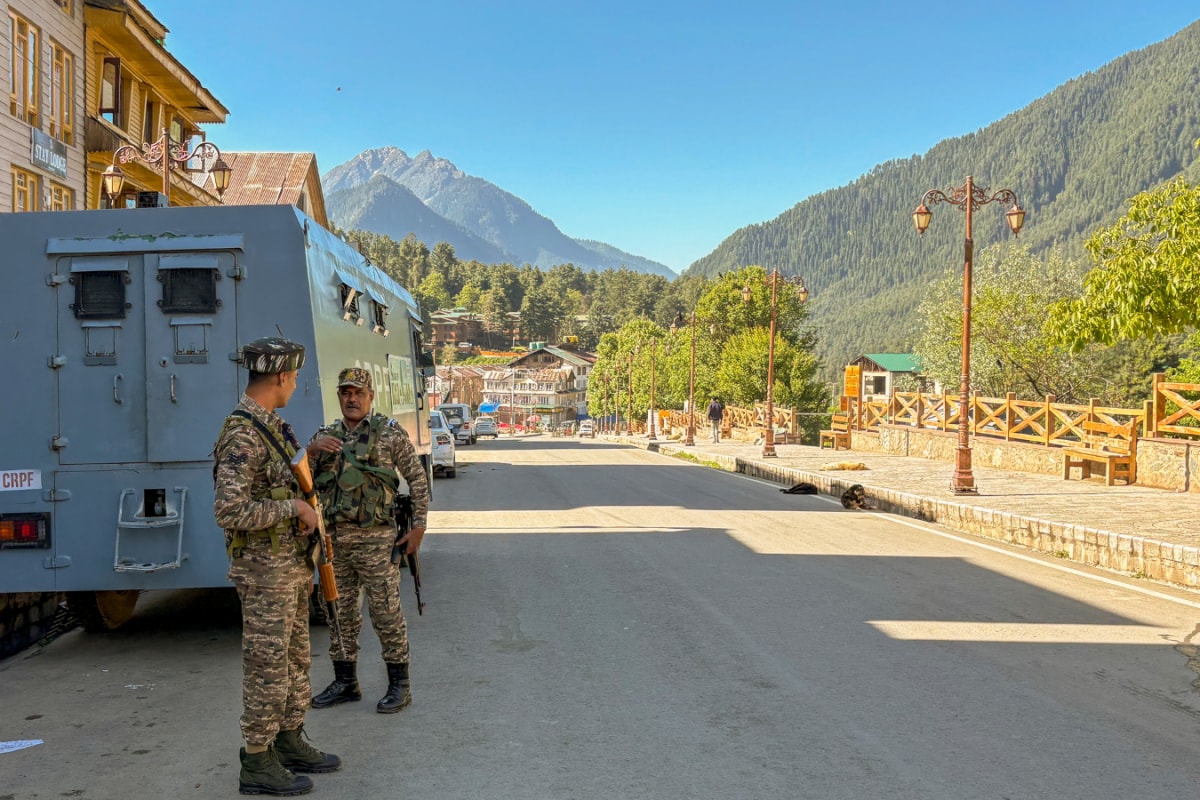

A month after the devastating terror attack that shook Pahalgam, a palpable sense of desolation continues to grip the region, a stark contrast to its once vibrant and bustling atmosphere. The attack, which occurred on April 22nd, 2025, in the Baisaran meadow, claimed the lives of 26 people, mostly tourists, and has left an indelible scar on the tourism industry, the lifeblood of this picturesque valley. While authorities have made efforts to revive tourism, the deserted look persists, with even locals hesitant to visit.
Pahalgam, often dubbed the "Valley of Shepherds," is usually a haven for tourists seeking respite from the scorching heat of the Indian plains. Its breathtaking landscapes, alpine meadows, and pine forests draw millions annually. In 2024, Jammu and Kashmir witnessed approximately 3.5 million tourists, a figure that was expected to rise even higher in 2025. However, the recent tragedy has brought the industry to its knees, triggering widespread cancellations and shattering the hopes of a promising season.
The immediate aftermath of the attack saw hotels emptied, shops shuttered, and the once-packed market deserted. Fear and uncertainty pervaded the air, exacerbated by the closure of over half the tourist destinations in the valley as authorities reviewed security measures. The sense of unease was further compounded by escalating tensions between India and Pakistan, culminating in military retaliation and cross-border conflicts, further diminishing any hope of a quick recovery.
While some tourists, driven by prior commitments or the relative unaffordability of immediate return flights, did trickle back in the week following the attack, their numbers were meager compared to the usual influx. Local businesses and residents express deep concerns about the long-term consequences of the violence. Tourism is the mainstay of Pahalgam's economy, and the current situation threatens the livelihoods of countless individuals dependent on it.
Stakeholders in the tourism industry have been actively trying to restore confidence and revive the sector. A roadshow was organized from Srinagar to Pahalgam with the aim of conveying that Kashmir is safe for tourists. However, the roadshow was halted 30km before Pahalgam due to security concerns, highlighting the challenges in reassuring potential visitors.
The impact of the Pahalgam attack extends far beyond the immediate vicinity. In Katra, the base camp for pilgrims visiting Mata Vaishno Devi shrine, stakeholders report a complete wipeout of the tourism season in Jammu and Kashmir. The Chamber of Tourism, Trade and Industry Katra (CTTIK) has appealed to Chief Minister Omar Abdullah for a comprehensive relief package to alleviate the financial stress on businesses directly and indirectly tied to tourism.
Despite the grim situation, there are glimmers of hope. Locals are eager to welcome tourists back, and authorities are taking measures to enhance security. However, restoring a sense of normalcy will be a long and arduous process. The fear and apprehension linger, and it may take several years before Pahalgam fully recovers from this devastating blow. As one local resident aptly put it, "One season is too little to heal."